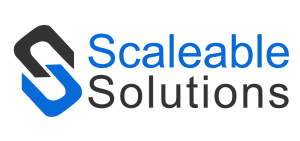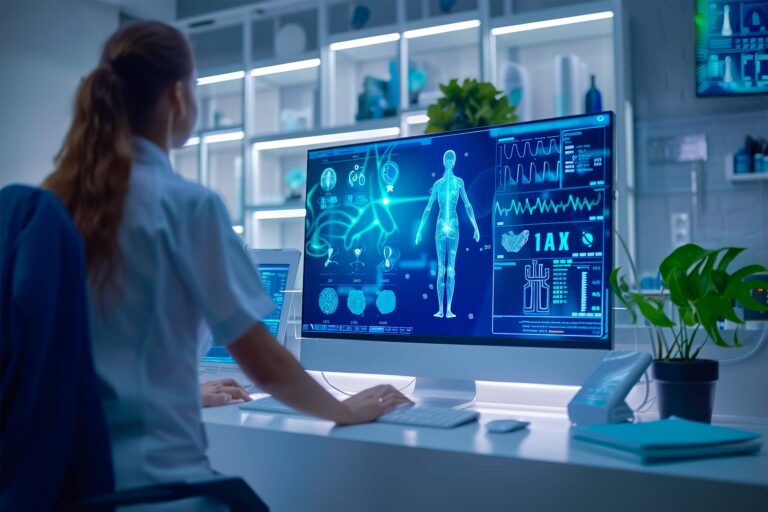Problem Statement:
Educational institutions face significant challenges in managing their IT infrastructure, including maintaining security, managing devices, and ensuring continuous uptime. These challenges can hinder the delivery of quality education, leading to reduced productivity and increased operational costs
Solution:
AI-powered healthcare solutions leverage generative AI and data analytics to automate administrative tasks, streamline workflows, and enhance clinician productivity. By integrating cutting-edge technologies into the healthcare ecosystem, healthcare organizations can optimize their operations and deliver superior patient care.
- Automated Documentation and Data Entry:
Our generative AI models can assist healthcare professionals in generating comprehensive patient notes, treatment plans, and discharge summaries. By analyzing patient data, medical histories, and clinician input, the AI generates accurate and detailed documentation, reducing the time and effort required by clinicians. Additionally, the AI can automatically populate electronic health records (EHRs) with relevant patient information, minimizing manual data entry.
- Intelligent Scheduling and Resource Allocation:
Data analytics platform analyzes patient flow, staff availability, and resource utilization to optimize scheduling and resource allocation. The system can automatically generate patient appointment schedules based on clinician availability, patient preferences, and treatment requirements. It can also recommend optimal staffing levels and skill mix to ensure efficient utilization of healthcare resources.
- Predictive Analytics for Proactive Care Management:
By leveraging historical patient data and real-time monitoring, our predictive analytics models can identify patients at risk of adverse events or complications. This enables healthcare providers to intervene proactively, reducing the likelihood of costly complications and improving patient outcomes. The AI can also suggest personalized treatment plans and preventive measures based on individual patient risk profiles.
- Conversational AI for Patient Engagement:
Conversational AI solutions can assist patients in managing their healthcare needs, from booking appointments to accessing medical records and communicating with healthcare providers. Patients can interact with the AI through various channels, such as mobile apps, chatbots, or voice assistants, reducing the administrative burden on healthcare staff and improving patient satisfaction.
- Secure Data Integration and Interoperability:
Healthcare solutions ensure secure data integration and interoperability across various healthcare systems and platforms. By establishing secure data pipelines and adhering to data privacy regulations, we enable seamless data exchange and collaboration among healthcare providers, payers, and patients. This facilitates better care coordination, reduces data silos, and enhances the overall efficiency of the healthcare system.
Conclusion
By automating administrative tasks in healthcare with generative AI and data analytics, we empower healthcare organizations to enhance clinician productivity, improve patient outcomes, and optimize resource utilization. Our AI-powered solutions streamline workflows, reduce administrative burdens, and enable healthcare professionals to focus on providing high-quality patient care. By partnering with us, healthcare organizations can leverage cutting-edge technologies to transform their operations and deliver better health outcomes for their patients.


